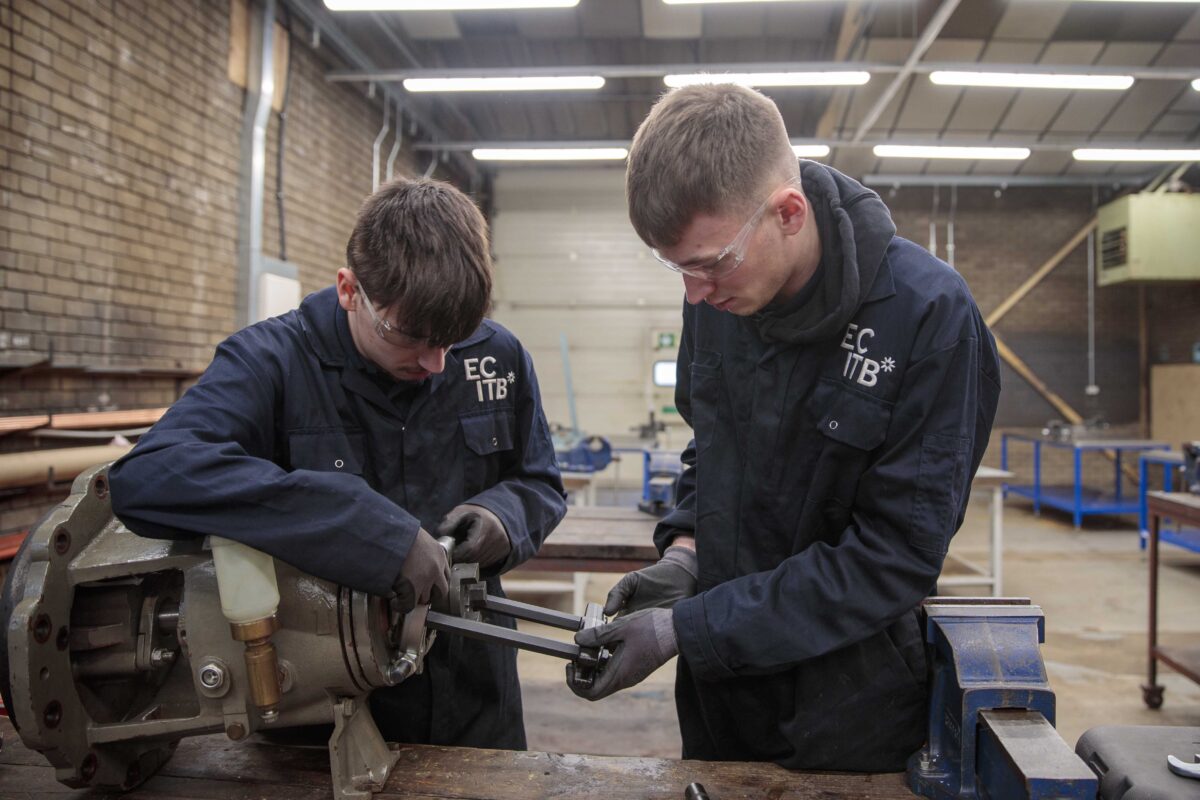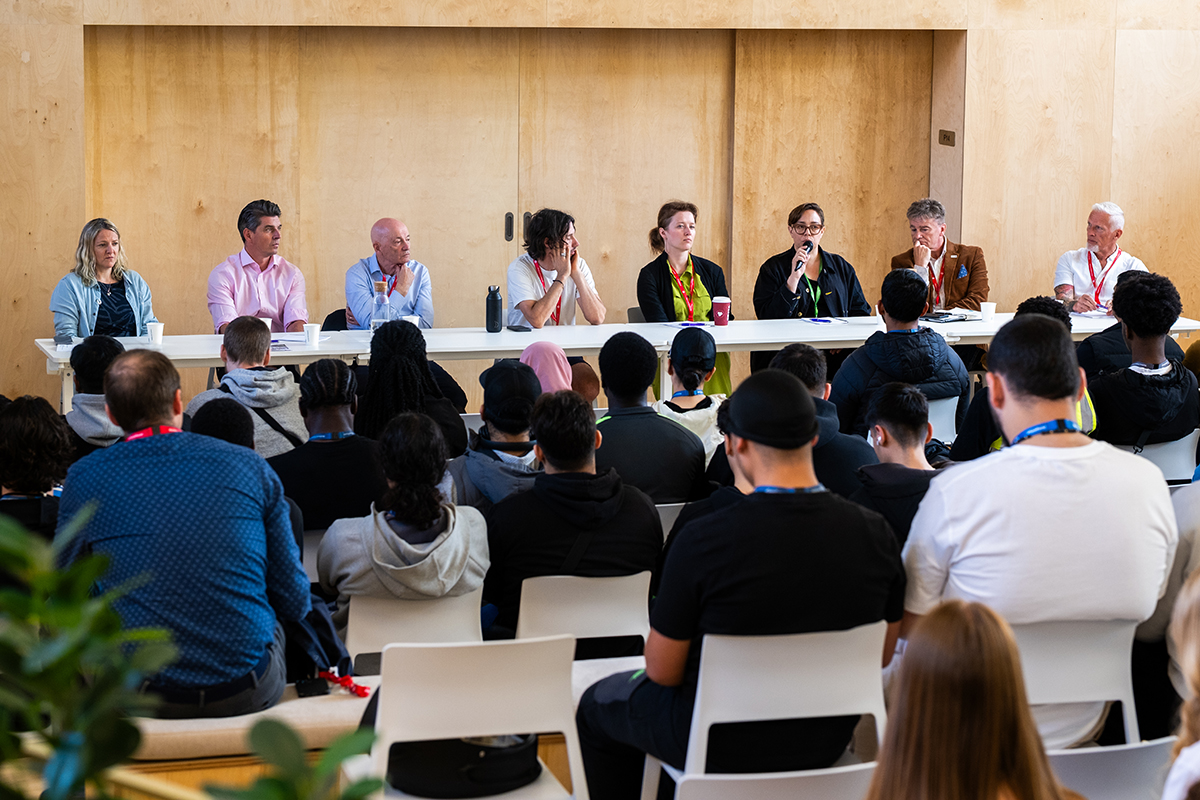We need to level up lifelong learning

Lifelong learning is one of those things that many people – including politicians – are in favour of in principle, but where that doesn’t always translate into concrete action.
But it really matters as it holds the key to improving people’s job and career prospects, increasing health and wellbeing, widening participation in society, and so many other key goals for public policy. And that importance is only increasing – economic and social changes mean we’re going to need to keep learning and updating our skills – learning can’t stop when we leave school.
Adult participation in learning survey
This year marks the 26th year of Learning and Work Institute’s Adult Participation in Learning Survey. Released to mark the start of Lifelong Learning Week, the survey is the longest running and most detailed picture of adult learning around. So what does it tell us about the state of play and where we need change?
Let’s start with the good news. Just over two in five adults say they’ve taken part in learning over the last three years, on the survey’s broad definition of learning. That sustains the recovery seen during and since the pandemic, after years of declines in adult learning.
Essentially, the 2010s were a decade of decline as Government funding cuts and other changes led to falling participation in learning. But the pandemic sparked off a renewed interest in lifelong learning, driven by people learning independently and online. Think fewer classroom courses, and more learning to use Zoom and Joe Wicks PE classes. That interest has now been sustained for a further year, showing no signs of falling despite the return to some form of normality.
It’s great that participation in lifelong learning has bounced back, and new technology gives people the world’s knowledge at their fingertips – the possibilities are endless.
Tackling challenges
However, there are two huge challenges we need to tackle. First, while the growth in independent learning is great, we need to build back formal learning too. Our analysis shows the adult skills budget in England will be £1 billion lower in 2025 than in 2010. As a result, 63% fewer adults improve their literacy and numeracy each year, despite one in five adults needing to do so. Employer investment is down 28% per person too compared to 2005, and skewed toward the already highly qualified. That holds back individual opportunity and productivity. With the UK’s skills base still lagging many comparator countries, we need to do far better.
Second, there are stark and persistent inequalities in learning participation by age, socioeconomic group, and region. Talent is evenly distributed, but opportunity isn’t. This is a huge social justice issue, but also a massive constraint on prosperity – put simply, we’re limiting people’s opportunities based on who they are and where they’re from. We’ve got to change that.
There’s amazing work going on across the learning and skills sectors that’s making a real difference everyday. Lifelong Learning Week is a great opportunity to shout about it – using the hashtag #LifelongLearningWeek if you’re on Twitter.
But of course lifelong learning is not just about a week, and I hope our collective actions can mean next year’s Adult Participation in Learning Survey shows an even more positive picture.
View the full findings of the 2022 adult participation in learning survey here.












I don’t understand the phrase ‘talent is evenly distributed’. In a single school or college, doesn’t each year group hold an uneven mix of achievers, unlikely to repeat in the same numbers during subsequent years? Even if the below average and above average year-end grades in Maths were equal in 2009, why should this recur in 2010 or 2011?